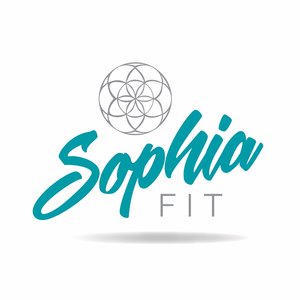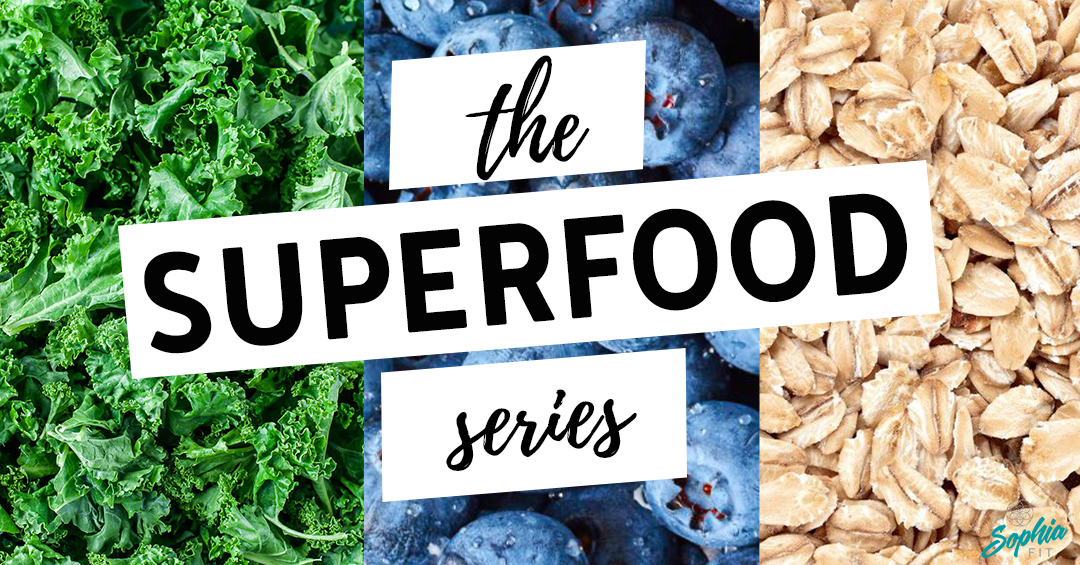To lose weight, you need to eat fewer calories than you burn. In theory, this sounds simple. However learning and understanding how to manage your intake of food can prove to be a tricky task! As we are constantly bombarded with information whether it be from friends, TV, magazines or social networks about calories it can makes it hard to know what’s right and what’s wrong!
Firstly, what is a calorie?
A calorie is a measure of energy. In science, it's defined as the amount of energy required to raise the temperature of 1 kilogram of water by 1 degree Celsius. We use calories that we eat and drink for essential functions such as breathing and thinking, as well as day-to-day activities such as walking, talking and eating! Excess intake of calories causes what you eat to be stored as fat therefore consistently eating more than you burn will cause weight gain overtime.
The United States government states that the average man needs 2,700 kcal per day and the average woman needs 2,200 kcal per day.
Keep in mind not everybody needs the same number of calories each day! People have different metabolisms that burn energy at different rates, and some people have more active lifestyles than others.
The recommended intake of calories per day depends on several factors, including:
• overall general health
• physical activity demands
• sex
• weight
• height
• body shape
Your body needs calories to survive! Without energy the cells within your body would begin to die, the function of your heart and lungs would stop and your organs would not be able to carry out the basic processes needed for living!
Now, not all calories are equal! The number of calories in food tell us how much potential energy the contain but not only calories that are important, the substance from which the calories is taken from is vital! These so called “empty” calories are those that provide energy but very little nutritional value. The elements of food that provide empty calories contain next to no dietary fiber, amino acids, antioxidants, minerals or vitamins! Empty calories can be made up of solid fats and added sugars. Solid fats are either naturally found in foods or can be added when foods are processed. Added sugars are sugars and syrups that are added then food or beverages are processed!













